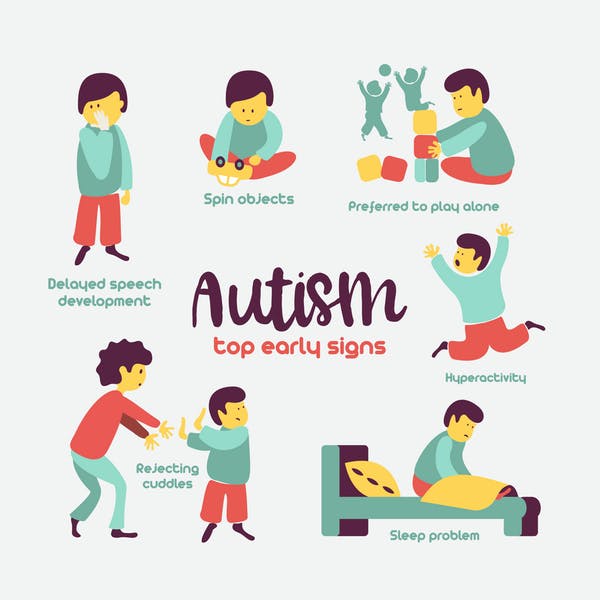A few years ago in suburban Baltimore, a 7-year-old was suspended from school. His offense? He chewed a Pop-Tart into the shape of a gun and pointed it at his classmates.
His parents fought the punishment, but a judge and the Maryland Department of Education backed the school since it had a zero-tolerance policy on weapons.
Zero-tolerance policies in schools were created out of the tragedy at Columbine in the form of the Guns Free School Act of 1994. Initially created to address guns and other weapons, in many districts it expanded to include non-weapon, non-drug and non-physical offenses.
While students in special education can make up 15 percent of a school’s population, they represent approximately 75 percent of the students who get suspended and zero-tolerance policies can contribute to that, according to a report from the Center for American Progress that looked at the nation's preschools.
If students with special needs are suspended for behaviors that are a manifestation of their disabilities, there are two important consequences:
- They aren’t learning the appropriate replacement behaviors. Since the punishment isn’t always immediate (often the suspension starts the next day), it is hard for students to tie the punishment to the actual offense.
- Some students who are sent home see it as a reward. If school is difficult, this is a way out. Maybe a child prefers to be with a parent who is home during the school day.
The result is positive reinforcement of a negative behavior. In addition, some studies suggest zero-tolerance policies do not decrease the severity or frequency of incidents and may even contribute to an increase.
All parents, but especially those who have children in special education, should be aware of their school district’s zero-tolerance policy and contact school board members if they believe a change is needed.
Parents can also ask to have items put in the child’s IEP or Behavior Plan to alert staff of behaviors that could be considered dangerous, but are not. For example, some kids really enjoy drawing elaborate pictures of weapons and wars. In some schools, that can be considered a threat and get a student expelled under a zero-tolerance policy.
States, such as Delaware, have passed legislation that limits zero-tolerance policies to weapons. Pennsylvania is considering similar legislation with the addition that it also limits enforcement to students over the age of 10. New Jersey is not considering any similar legislation.
Lisa Lightner is a West Chester, PA special-education advocate who blogs at ADayinOurShoes.com and is a contributor to MetroKids.com’s MomSpeak.






